African Cichlids
Common Name: African Cichlids
Scientific Name: Haplochromis, Aulonocara, Labidochromis, Pseudotropheus
Names: N/A
Locations: Whitby & London
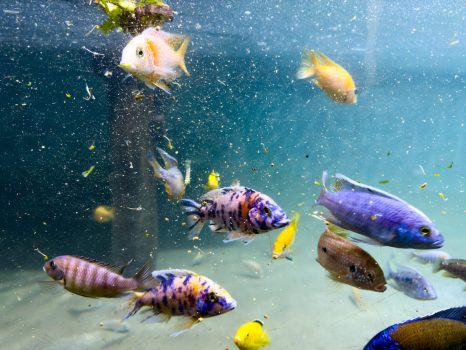
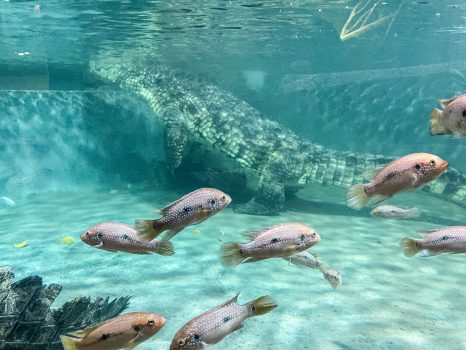
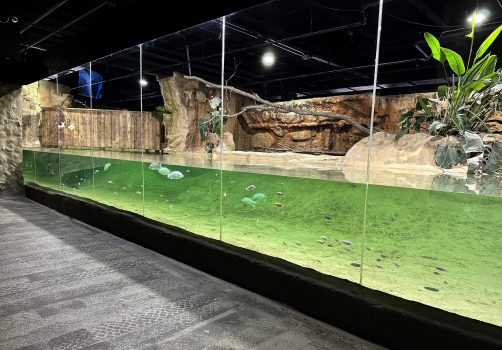
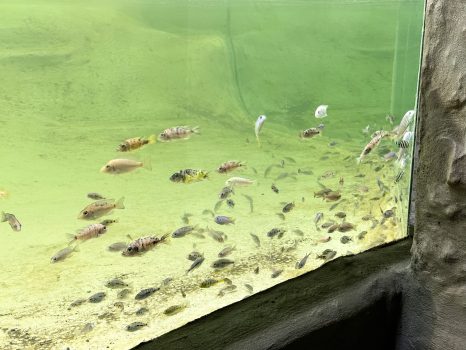
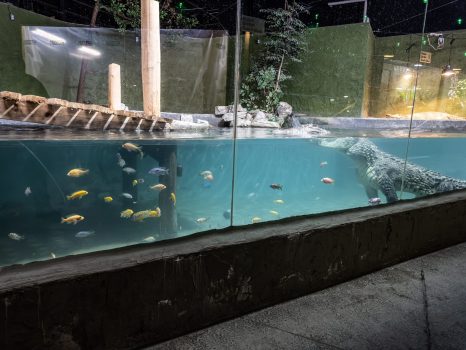


Diet
African Cichlids are omnivorous fish, with their diet consisting of a variety of foods including algae, small invertebrates, and occasionally small fish. Their diet can vary depending on their specific habitat and species.
Average lifespan
African Cichlids generally have a lifespan of around 5 to 10 years, though this can vary depending on factors such as species, care, and environmental conditions.
Size
African Cichlids vary greatly in size depending on the species. Some species may only grow to a few inches in length, while others can reach lengths of over a foot.
Weight
Similarly, the weight of African Cichlids can vary significantly based on the species and size of the individual fish.
About
African Cichlids are a diverse group of freshwater fish native to the African continent, particularly found in the rift lakes of East Africa such as Lake Malawi, Lake Tanganyika, and Lake Victoria. They are known for their vibrant colors, intricate patterns, and fascinating behaviors.
Size and behavior
African Cichlids exhibit a wide range of behaviors depending on their species and habitat. They can be territorial, especially during breeding periods, and may exhibit aggressive behavior towards other fish, particularly intruders in their territory. Some species are known for their elaborate courtship displays and parental care behaviors.
Diet and nutrition
African Cichlids are omnivorous and require a varied diet to thrive in captivity. Their diet should include a mix of high-quality flake or pellet food supplemented with live or frozen foods such as brine shrimp, bloodworms, and algae-based foods. Providing a diverse diet ensures that they receive the necessary nutrients for growth, coloration, and overall health.
Conservation status
The conservation status of African Cichlids varies depending on the species and their specific habitats. While some species may be threatened or endangered due to habitat destruction, pollution, and overfishing, others may be more abundant and less at risk. Conservation efforts focused on habitat preservation, sustainable fishing practices, and captive breeding programs are important for the long-term survival of African Cichlids.
Fun fact
African Cichlids are known for their incredible diversity, with hundreds of species recognized and many more yet to be discovered. They exhibit a wide range of colors, patterns, and fin shapes, making them popular choices for aquarium enthusiasts around the world. Additionally, African Cichlids are highly adaptable fish and have successfully colonized various habitats within their native range, demonstrating their resilience and ability to thrive in diverse environment.
Call or visit your local Reptilia Facility to learn how you can adopt one of these amazing reptiles.








